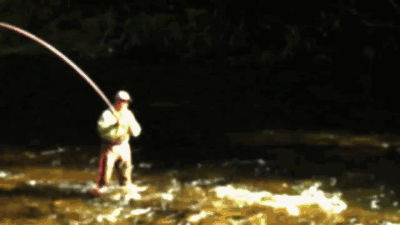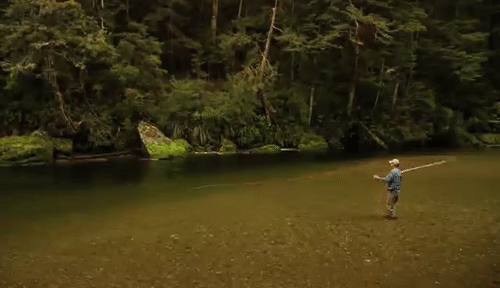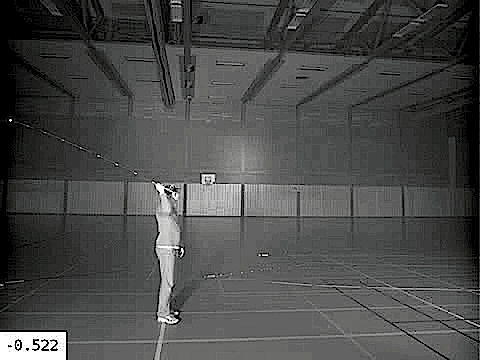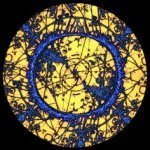Physics Behind a Fly Fishing Cast

Anyone who is friends with me knows I love fishing of any kind. The one which I feel is the most labor intensive per cast is most certainly fly fishing, and know any of the friends I’ve taught even the most basic casts will agree. For those who aren't familiar with fly fishing, it separates itself from any other kind with the type of rod, reel, and cats the user makes. Regular fishing uses a reel where the user casts out in one fluid motion where they wish to go. In fly fishing, the flies, or baits, are so small that the caster needs to swing the line through the air in order to get it anywhere they want. So how are casts of over 100 feet possible with flies which weigh less than a gram? Well it is actually the same principle behind a whip.

A fly cast begins with a person raising the rod tip behind them while keeping tension in the line. Then the caster rockets their wrist forward. This flick of a wrist is all the momentum that is required to rocket the line forward. The small quick movement on the end of the rod translates to an incredibly fast traveling rod tip, acting like a lever arm spanning anywhere between 8 and 10 feet, resulting in a large amount of torque. Once the wrist has finished its flick around 1:30 position, then the momentum is transferred through the rod and to the rod tip which bends similar to a whip. The momentum doesn't stop there though, and this is the secret to a far reaching cast: the line. The momentum is transferred to the line which weighs considerably more than the fly itself in order to travel the needed distance. As the momentum travels from the fisherman’s arm, to rod, to line, the law of conservation of momentum applies. So, when momentum is transferred between each part the mass decreases, resulting in an increasing velocity of said part. By the time it reaches the end of the floating line to the leader, it is whippings through the air at incredible speeds. As mentioned before, this movement parallels the end of a whip.

This slowed down footage of a cast shows the momentum being transferred through all mediums in order to cast the fly.
So, while I can explain the physics behind a cast, I still can't explain why whenever I have the prime opportunity to cast towards a fish, my fly always ends up snagged in a tree. That though is a problem to be solved another day. I'm guessing it's some kind of undiscovered attractive force between the two.
As always thanks for reading! - ThePeculiarParticle



3 Comments
Recommended Comments